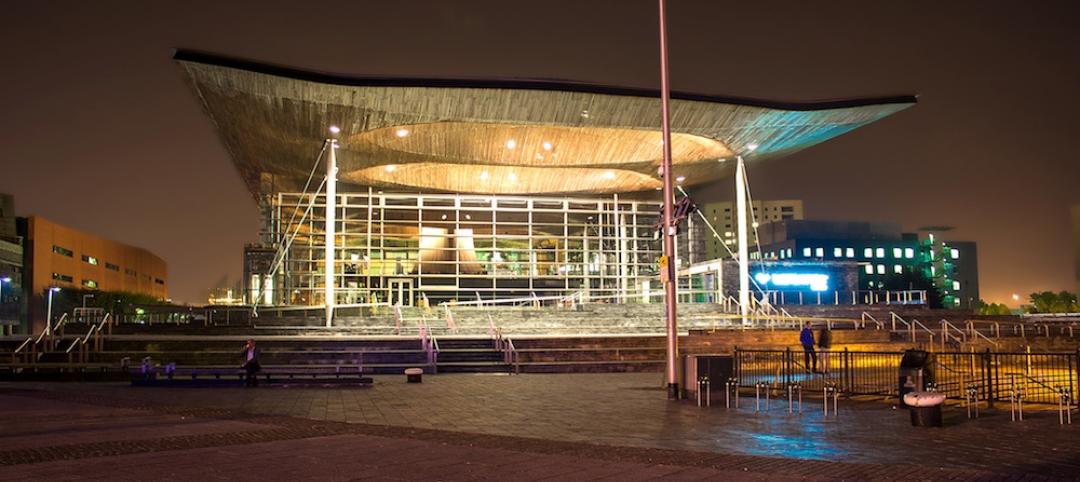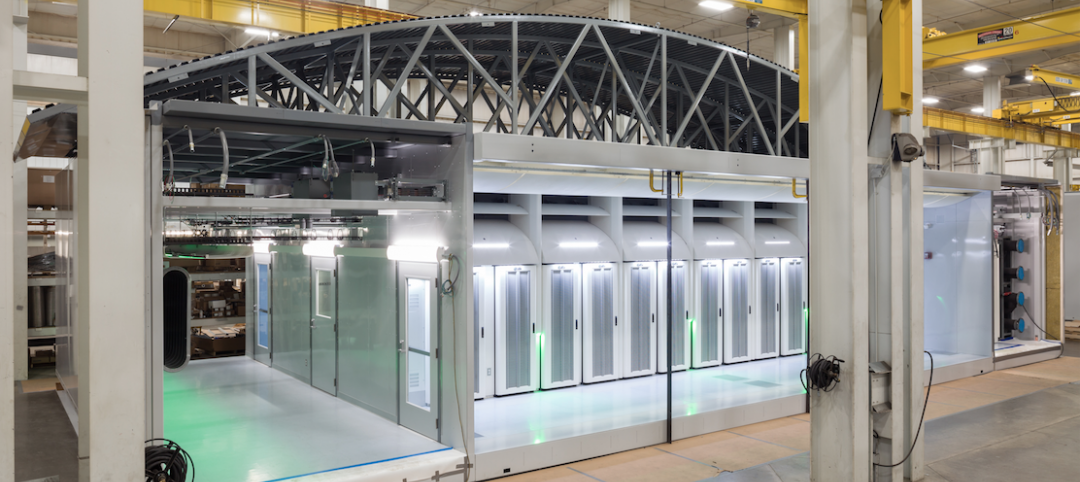The AIA Foundation has commended the addition of 35 new cities worldwide to 100 Resilient Cities, pioneered by The Rockefeller Foundation, to be part of the 100 Resilient Cities network. The announcement was made during The Rockefeller Foundation’s Urban Resilience Summit in Singapore.
The AIA Foundation became a platform partner in the 100 Resilient Cities Challenge as part of a commitment made at the 2013 Clinton Global Initiative (CGI) Annual Meeting. Partners pledged to support the cities’ Chief Resilience Officers (CRO), create resilience strategies, and provide access to tools, technical support, and resources. 100 Resilient Cities also pledged to create a network for CROs to share information and best practices.
“The AIA Foundation – through the American Institute of Architects component network nationwide – is already working in several of the selected U.S. cities to guide them in their selection of chief resilience officers and to provide AIA member expertise in resilience planning," said AIA Foundation Executive Director Sherry-Lea Bloodworth Botop. "Indeed, the AIAF hopes to act as a matchmaker of sorts between the cities that have been granted CROs and the architects and planning experts who can offer assistance and can help integrate design thinking into the monumental tasks facing CROs."
The cities selected as winners of the 100 Resilient Cities Challenge are:
- Accra, Ghana
- Amman, Jordan
- Arusha, Tanzania
- Athens, Greece
- Barcelona, Spain
- Belgrade, Serbia
- Bangalore, India
- Boston, Massachusetts, USA
- Calí, Colombia
- Chennai, India
- Chicago, Illinois, USA
- Dallas, Texas, USA
- Deyang, China
- Enugu, Nigeria
- Huangshi, China
- Juarez, Mexico
- Kigali, Rwanda
- Lisbon, Portugal
- London, England
- Milan, Italy
- Montreal, Canada
- Paris, France
- Phnom Penh, Cambodia
- Pittsburgh, Pennsylvania, USA
- San Juan, Puerto Rico, USA
- Santa Fe, Argentina
- Santiago de los Caballeros, Dominican Republic
- Santiago, Chile
- Singapore, Singapore
- St. Louis, Missouri, USA
- Sydney, Australia
- Thessaloniki, Greece
- Toyama, Japan
- Tulsa, Oklahoma, USA
- Wellington City, New Zealand
Related Stories
Architects | Dec 16, 2015
Architects create commission for diversity advancement
The 20-member group will assess recent data, set a plan of action, and report on results to the AIA Board of Directors.
Architects | Dec 15, 2015
ULI names Lord Richard Rogers the 2015 J.C. Nichols Prize winner
Rogers, Founder of Rogers Stirk Harbour + Partners, works on projects that “shine a spotlight on the challenges that people in urban areas are facing."
Market Data | Dec 15, 2015
AIA: Architecture Billings Index hits another bump
Business conditions show continued strength in South and West regions.
Architects | Dec 14, 2015
New LEGO line lets builders construct iconic skylines
New York City, Berlin, and Venice are featured in the Architecture Skyline Collection.
Architects | Dec 14, 2015
Date named for announcement of 2016 Laureate of the Pritzker Architecture Prize
The Laureate will be named the morning of January 13.
Architects | Dec 9, 2015
Architecture firms Cooper Carry and The Johnson Studio merge
The combination is expected to bolster each firm’s hospitality-related services.
Industry Research | Dec 8, 2015
AEC leaders say the 'talent wars' are heating up: BD+C exclusive survey
A new survey from Building Design+Construction shows that U.S. architecture, engineering, and construction firms are being stymied by the shortage of experienced design and construction professionals and project managers.
Architects | Dec 4, 2015
Denise Scott Brown and Robert Venturi win 2016 AIA Gold Medal Award
The husband and wife architect team—founders of VSBA Architects and Planners—are the award's first joint winners.
Architects | Dec 3, 2015
LMN Architects wins 2016 AIA Architecture Firm Award
The firm is known for projects like Vancouver Convention Centre West and the University of Washington’s Foster School of Business.
Greenbuild Report | Dec 1, 2015
Data centers turn to alternative power sources, new heat controls and UPS systems
Data centers account for 2% of the nation’s electricity consumption and about 30% of the power used annually by the economy’s information and communications technology sector, according to the National Renewable Energy Laboratory.
















